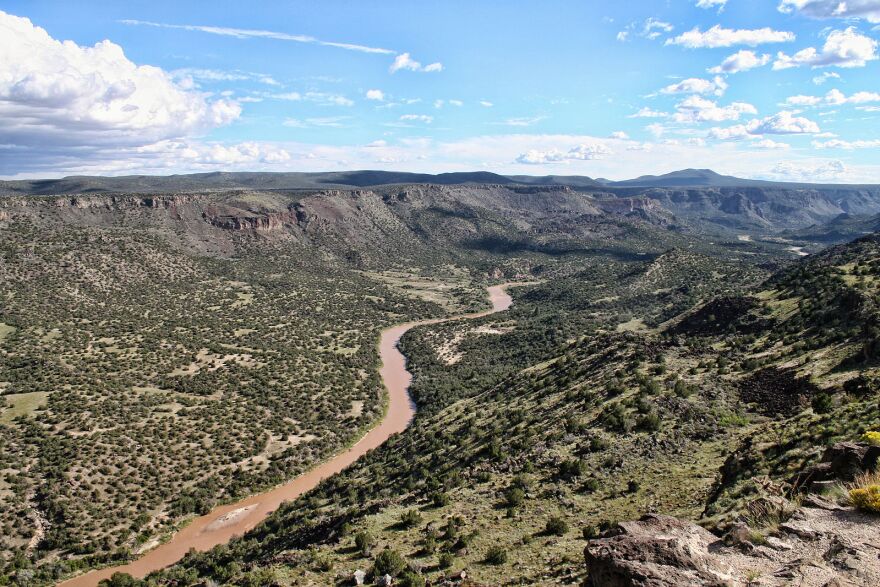Utah has some unique water problems but they’re not that unique. Studying water in Utah can tell us a lot about similar places that also rely on high mountain snowpack for their yearly allotment. But a lot of the research involving water in Utah has implications way beyond that.
In this hour, four stories about local research with global legs. From feeding people in the Nile Delta to informing policy in Pakistan. From negotiating the shifting watery border between the U.S. and Mexico to...camping on Mars, we’re going far out on The Source.
Part 1 - The Academic Fight
President Lyndon B. Johnson signed The Water Resources Research Act into law in 1964, opening the floodgates for university water research. The Utah Water Research Lab opened its doors less than a year later. Jennifer Pemberton talks to director Mac McKee about the Lab’s 50 year history trying to solve the water problems that plague the state, the West, the entirety of the nation and the world.

One privilege of living in a developed country like the U.S. is that we can safely assume that when we turn on the tap, clean water will pour out. But anyone who travels outside the U.S. may realize these privileges that we Americans enjoy are not universal. Ross Chambless has the story of some University of Utah scholars and engineers who recently committed to share their knowledge of managing water with a university in Pakistan.
Part 2 - A Meandering Border

Jack Schmidt is a river geomorphologist, based in Logan at Utah State University. By following his research down the Colorado River, he ended up in Mexico at the mouth of the river, and got involved in the politics related to how two countries can manage a river together. The Rio Grande is the other large river that we share with Mexico. It’s a river that’s critically important to the U.S., both ecologically and diplomatically, forming an international border for over 1,200 miles. When the federal government asked Jack Schmidt to work on a river that important, he saw it as an opportunity to make a significant contribution and he signed up.
Part 3 - This Ain’t the Kind of Place to Raise Your Kids

The farther you get from civilization, the harder it is sometimes to find a convenient source of drinking water. If you’re camping out in the wilderness, for instance, it’s smart to bring an abundant supply. But what if you want to boldly go camping where no one has camped before? Somewhere millions and millions of miles away? Like Mars, for instance? How would you stay hydrated—and, for that matter, fed—on the (mostly) dry, (possibly) lifeless Red Planet? The Source’s Senior Earth Correspondent Ryan Cunningham tells us that’s a question researchers are trying to answer in the decidedly Martian-looking desert of southern Utah—by camping, astronaut-style.
Learn more about the Mars Desert Research Station.



